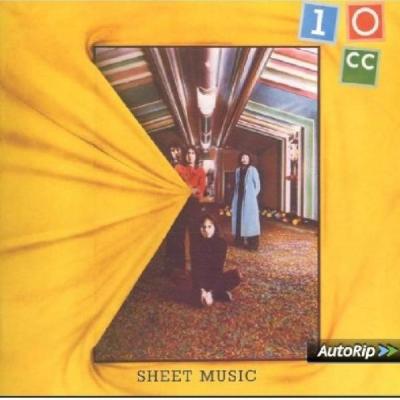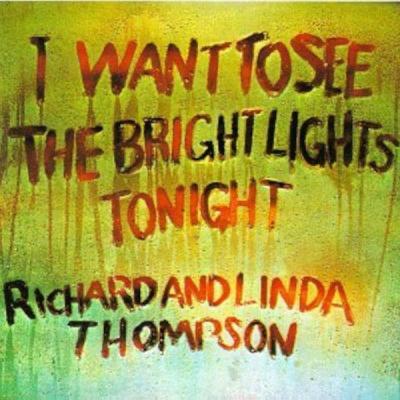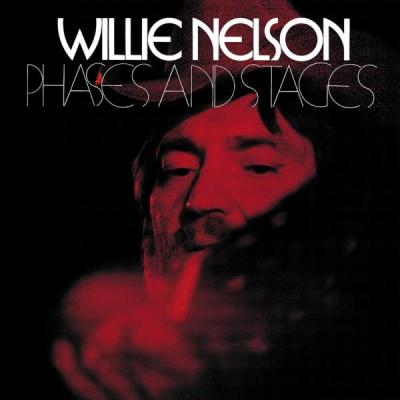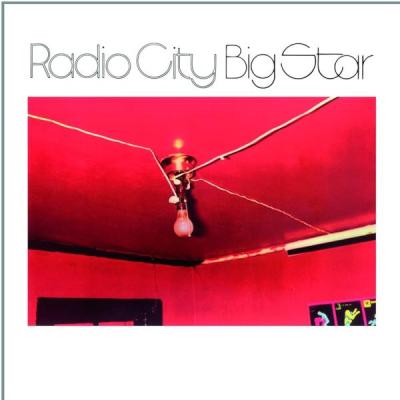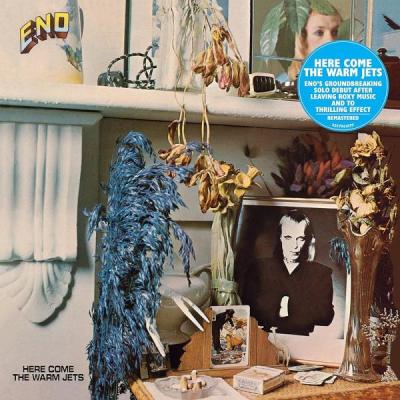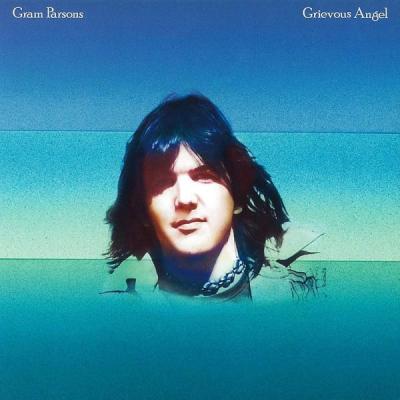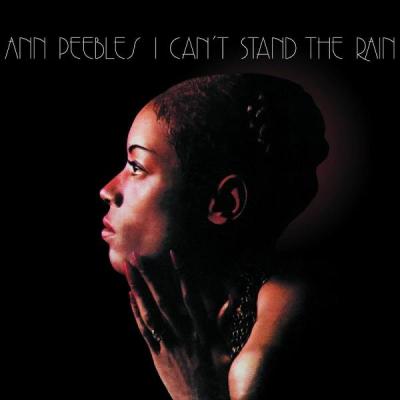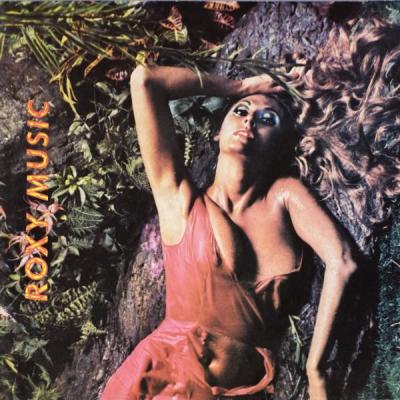


Bob Marley & The Wailers: Natty Dread
Album #199 - October 1974
Episode date - January 1, 2025
The third album by the Wailers brought significant changes in that two of the three bandmembers were no longer present.
Both Peter Tosh and Bunny Wailer decided to move on as solo acts, leaving Bob Marley to take top billing, but losing old friends and the diversity they brought to the band presented a challenge. Luckily, Marley already had the Barrett brothers as his rhythm section, so his main concern was filling the vocal and songwriting void left by his previous partners.
Taking a cue from American R&B, he filled the vocal gap with a three-piece girl-group consisting of his wife Rita, Marcia Griffiths and Judy Mowatt. A more formidable trio of female Jamaican vocalists would have been improbable, as each of the three women proved to be quite talented as solo artists. Essentially, Bob Marley replaced one vocal team with another of the opposite sex, but could he provide enough material to flesh out an entire album without his songwriting brethren?
Even a cursory review of the song titles on “Natty Dread” proves that Bob Marley came of age as Jamaica’s premier singer-songwriter at exactly the right time. Herein lies the debut of “No Woman, No Cry”, perhaps the most well-loved reggae song ever written. As it happens, the song is not credited to Marley at all but to his friend Vincent Ford, who ran a soup kitchen in Trenchtown, a Jamaican ghetto that certainly needed the influx of cash to continue its humanitarian mission. Neither Marley nor Ford ever discussed the actual origins of the song, but if you look at the album’s other writing credits you’d be left thinking that Marley hardly wrote anything here, with credits distributed to a variety of sources.
Information derived from a subsequent lawsuit showed that Marley wrote every song on “Natty Dread” but gave publishing to friends and family as a way to avoid letting the money go to his former publishing company, while simultaneously hoping it would “provide lasting help to family and close friends”. Only two songs on “Natty Dread” contain his name (“Lively Up Yourself” and “Bend Down Low”), and that is because they were published years before. The alleged ‘songwriters’ must have benefited quite nicely from this arrangement. “Them Belly Full (But We Hungry)”, “Rebel Music” and “Talkin’ Blues,” along with “No Woman, No Cry,” have all become reggae classics.
By 1974, reggae music was becoming ubiquitous in Great Britain and America, and Bob Marley was clearly at the front of the movement. Each Wailers album sold significantly better than its predecessor, and that trend would continue when the next studio album “Rastaman Vibration” would hit #8 on the pop album charts. Previously unknown or deeply misunderstood, reggae had come of age, bringing with it at least a cursory understanding of Rastafarianism and the major components of the faith that provided inspiration for much of its content. If you’re looking for the real thing, here it is. Undoubtedly, “Natty Dread” is crucial reggae.
Feature Tracks:
Lively Up Yourself
No Woman, No Cry
Them Belly Full (But We Hungry
Rebel Music (3 O'Clock Roadblock)
So Jah Seh
Natty Dread
Bend Down Low
Talkin' Blues
Revolution
October 1974 - Billboard Charted #92
Related Shows


